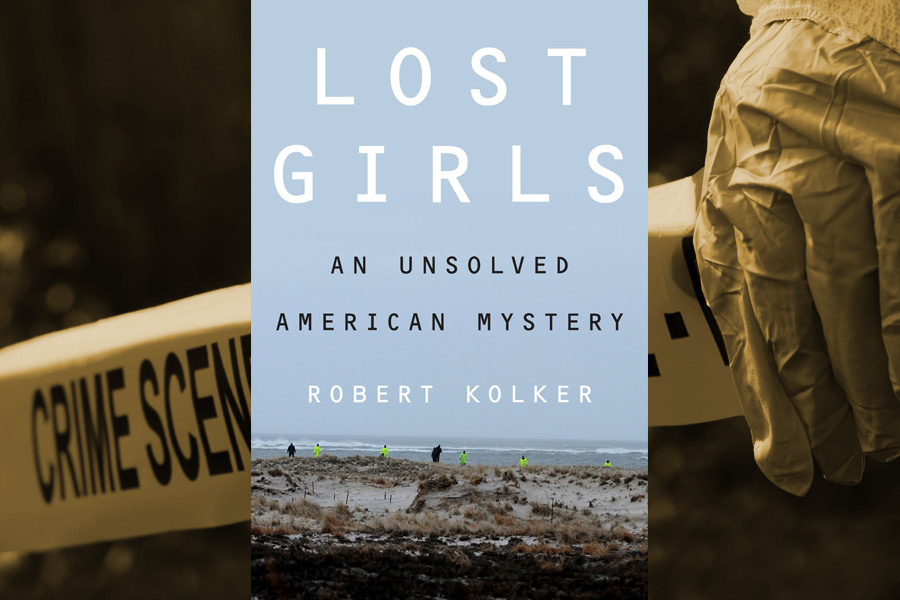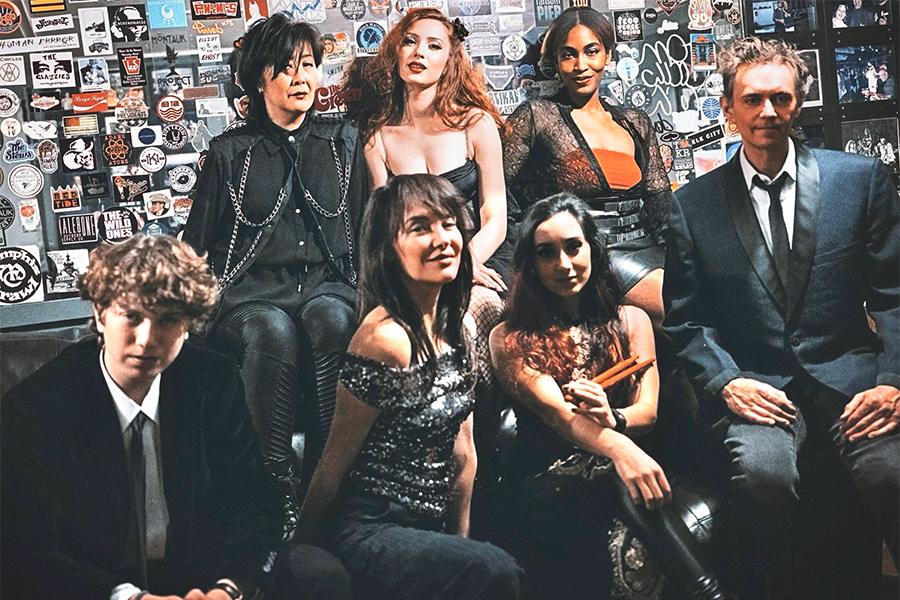By the Book: 'Lost Girls, An Unsolved American Mystery' Review

The story of five prostitutes who went missing in 2010 and whose remains were found on Gilgo Beach, Long Island, a couple of years later, generated sensational attention when the first four bodies were discovered.
Then Robert Kolker, a contributing editor at New York Magazine, turned the story into a fascinating cover article in 2011. As a 400-page book, titled Lost Girls, An Unsolved American Mystery (Harper), the expanded content tends to be a bit numbing—an overly detailed personal and socioeconomic cultural inquiry into the girls’ lives, replete with a list of characters, a chronological dateline and slate gray maps throughout. It’s impressive reporting, though, based on extensive interviews with the girls’ dysfunctional but sometimes loving families, their dubious friends, and their abusive or indifferent enablers, and it’s a sympathetic look at the various reasons why these working class white girls became prostitutes.
Kolker describes the “pecking order” of prostitution in New York, from the high-money East Side to the squalid West Side Highway area. He also criticizes the investigation. The Suffolk County Police Department is the 12th largest in the country, but its attempts to find the serial killer(s) proved inadequate. Personnel were slow to respond and loath to pursue reported leads, even though data show that 64% of prostitute murders are committed by johns, many of whom are also cocaine addicts.
Although the bio sections on the girls go on too long, the book contains new information on “the life,” including why online hooking is so easy, remunerative—and dangerous. Shannon, Maureen, Megan, Melissa and Amber were Craigslist and Backpage hookers—no pimps to pay, but no protection, either. Kolker also does a solid job invoking Oak Beach and Ocean Parkway in the ’80s—its isolation, insularity, eccentric denizens and growing notoriety once the Studio-54-like Oak Beach Inn took off. There’s no denying, as well, the author’s meticulous, dogged, sensitive research, especially when he found himself faced with contradiction, which was often.
And so, despite its length, Lost Girls manages to turn a cold case into a readable narrative, concluding on a sad and ironic note that shows how the different families came together, if briefly, by way of the very technology that did the victims in.



